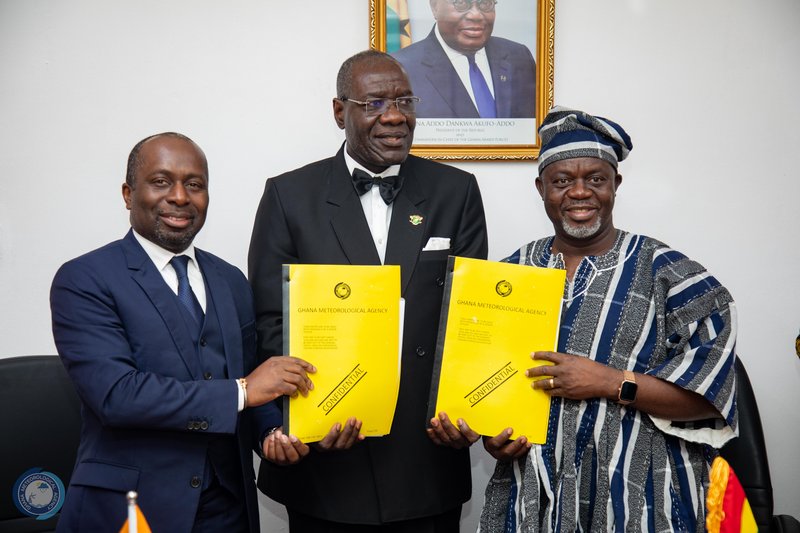Ghana and its neighboring country, Côte d’Ivoire, are facing increased pressure from the European Union and French development partners to expedite long-overdue reforms in the cocoa sector. Both countries have been warned that they could lose competitiveness due to emerging global sustainability standards.
This call for action came during a two-day Cocoa4Future feedback workshop in Accra, where researchers presented findings from a five-year EU- and AFD-funded project. The study examined various aspects of the cocoa sector, including agroforestry systems, disease control, certification schemes, farmer livelihoods, and climate resilience in both countries.
EU officials made it clear that unless there is a swift adoption of agroforestry practices, a reduction in deforestation, and steps taken to address labor-related risks, West African cocoa could face increasing barriers under new European sustainability regulations and stricter buyer requirements.
The research highlighted vulnerabilities within the sector and suggested pathways for reform. Findings indicated that many farmers prefer low- to no-shade cocoa systems, which enhance short-term yields but compromise ecological resilience and long-term productivity. This practice, researchers warned, undermines forest recovery and makes cocoa landscapes more susceptible to climate change.
In terms of disease management, Cocoa Swollen Shoot Disease (CSSVD) remains prevalent, reducing yields by up to 202 kilograms per hectare on severely affected farms. Current farmer-led control methods, such as pruning infected parts or using chemicals, have proven largely ineffective. Researchers recommended intensifying rehabilitation programs, increasing the production of CSSVD-resistant seedlings, and expanding technical training for early detection.
Certification studies revealed that Fairtrade and Organic schemes can significantly improve yields, incomes, and job creation. However, their impact on broader food security and working conditions is inconsistent. Researchers emphasized the need for stronger cooperatives, enhanced extension services, affordable credit, and a diverse range of buyer networks to improve certification outcomes.
Across all these themes, the recommendations were consistent: governments should increase input distribution, clarify tree tenure rights, promote hybrid cocoa varieties, encourage agroforestry adoption, and formalize support systems for farmer livelihoods, including pensions, credit access, and modern farming equipment.
Development partners stressed that these evidence-based measures are essential as the global market increasingly shifts toward traceable, climate-resilient, and ethically sourced cocoa. Ghana and Côte d’Ivoire risk falling behind if necessary reforms do not move forward. partners stressed that these evidence-based measures are essential as the global market increasingly shifts toward traceable, climate-resilient, and ethically sourced cocoa. Ghana and Côte d’Ivoire risk falling behind if necessary reforms do not move forward.




















